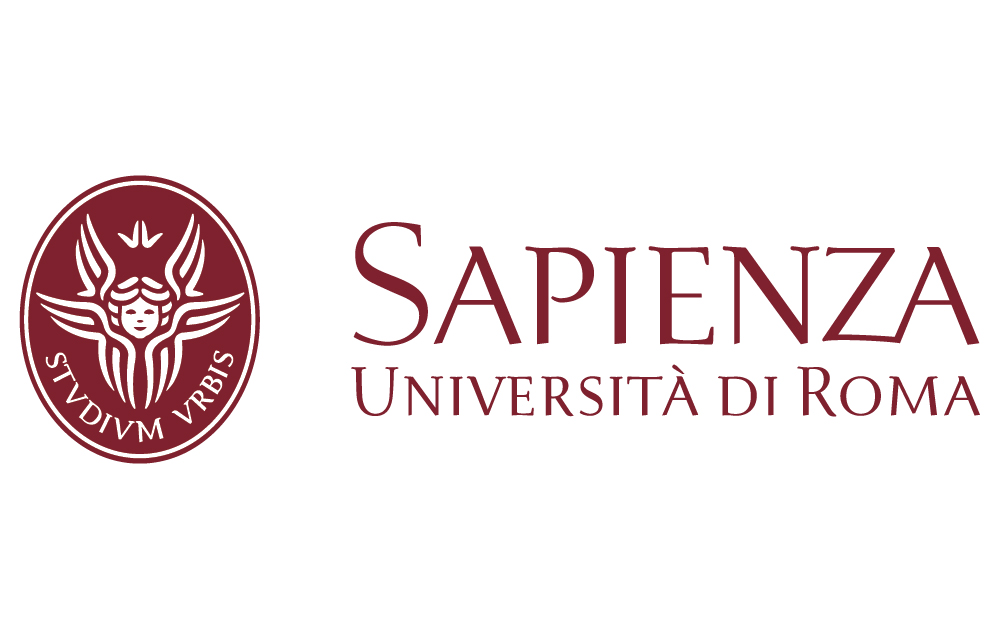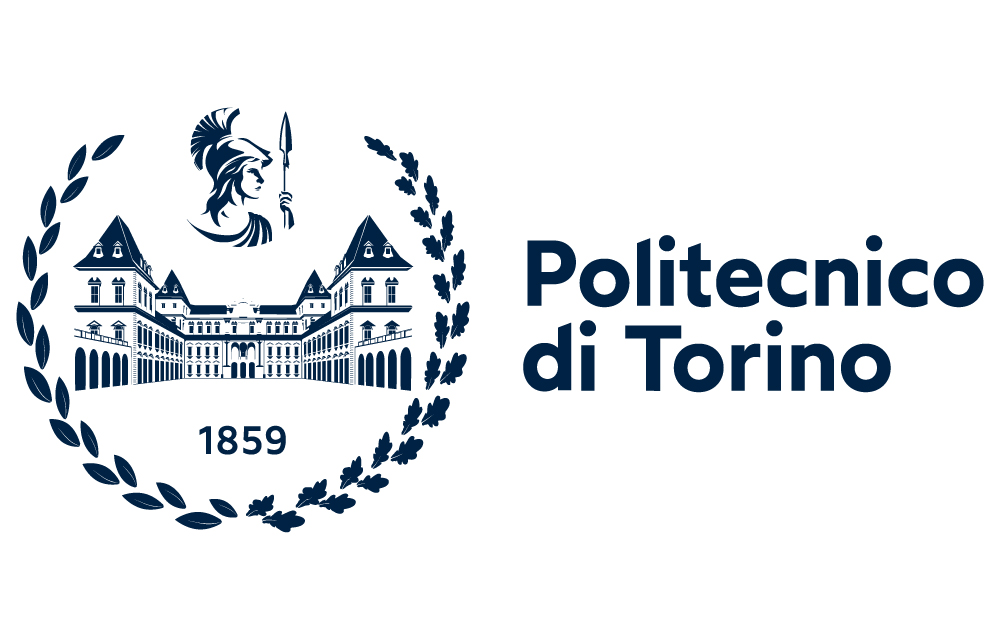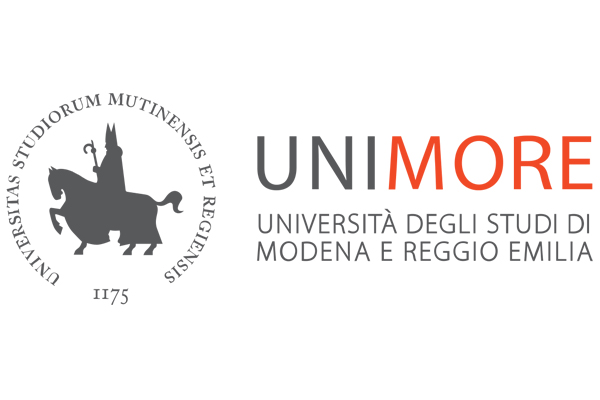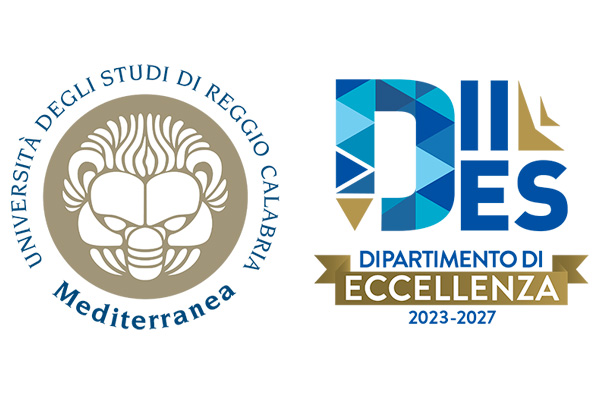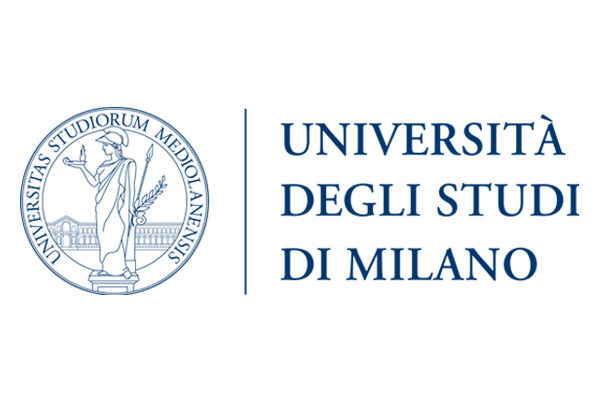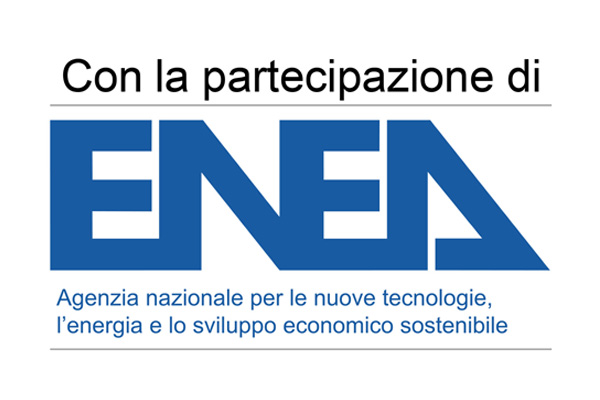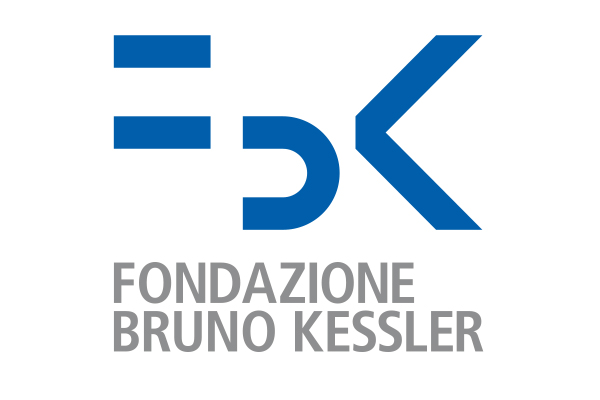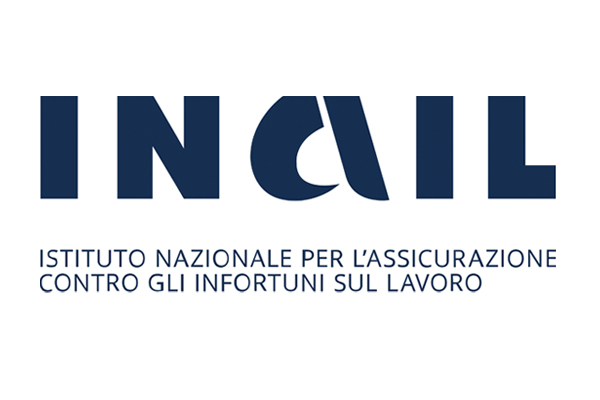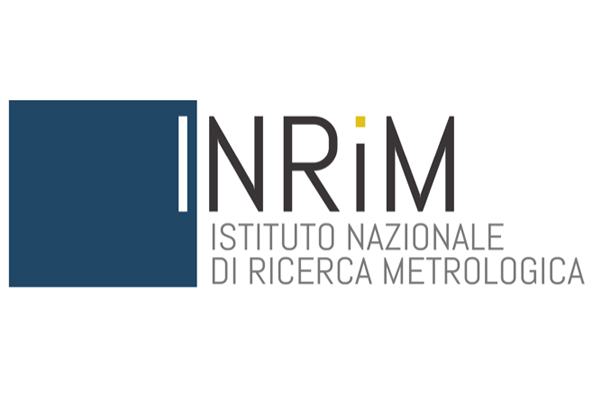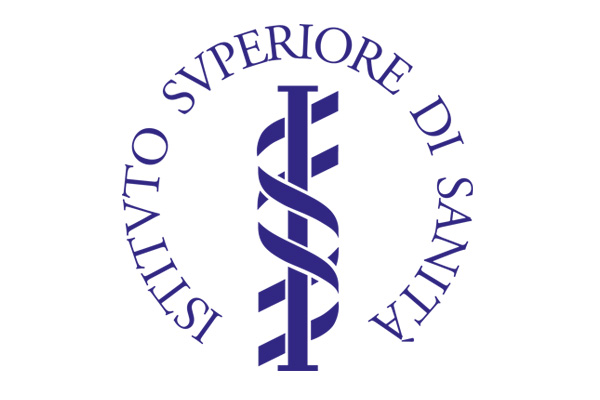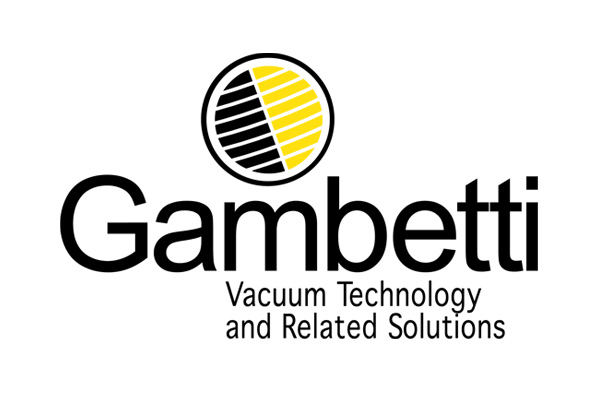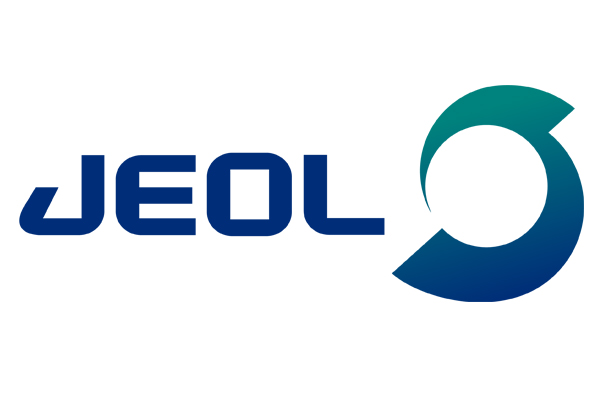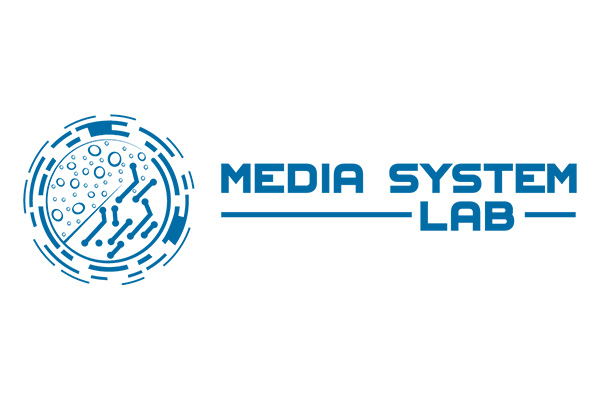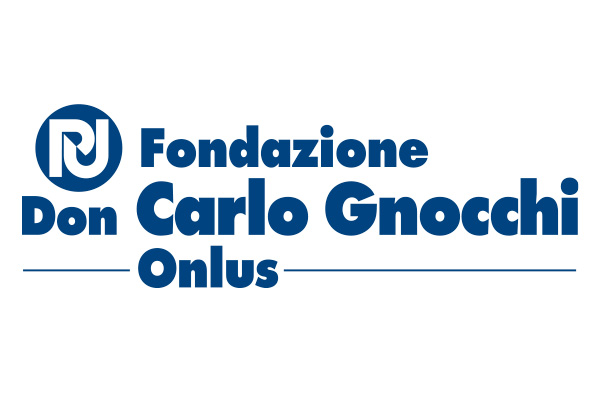updated on July 24, 2024
|
WS.I NANOMEDICINE: September 12 |
|||
| go to detail | |||
| Co-organized with: | |||
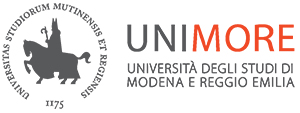 |
 |
||
|
WORKSHOP COMMITTEE: Giovanni TOSI, Full Professor, University of Modena & Reggio Emilia, Secretary of European Technology Platform for Nanomedicine |
|||
| The session will deal with precision approaches for diagnosis and therapy, as well as gene therapy and drug-based RNA/DNA technologies with applications in cancer, neurological diseases, cardiovascular, rare and genetic diseases. | |||
|
WS.II PATHWAYS TO SUSTAINABILITY: September 11 - 12 |
||||||
| go to detail | ||||||
| Co-organized with: |
||||||
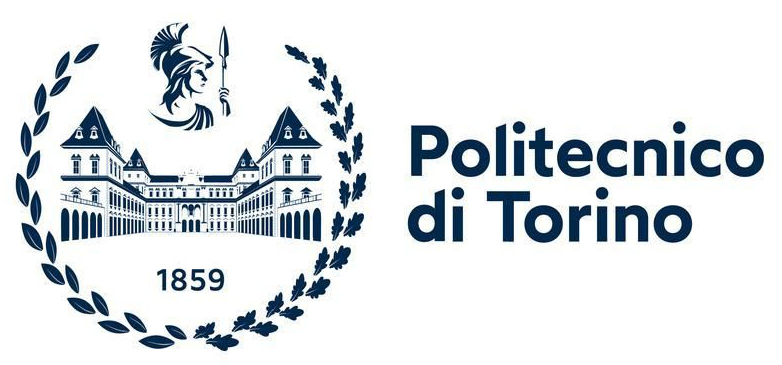 |
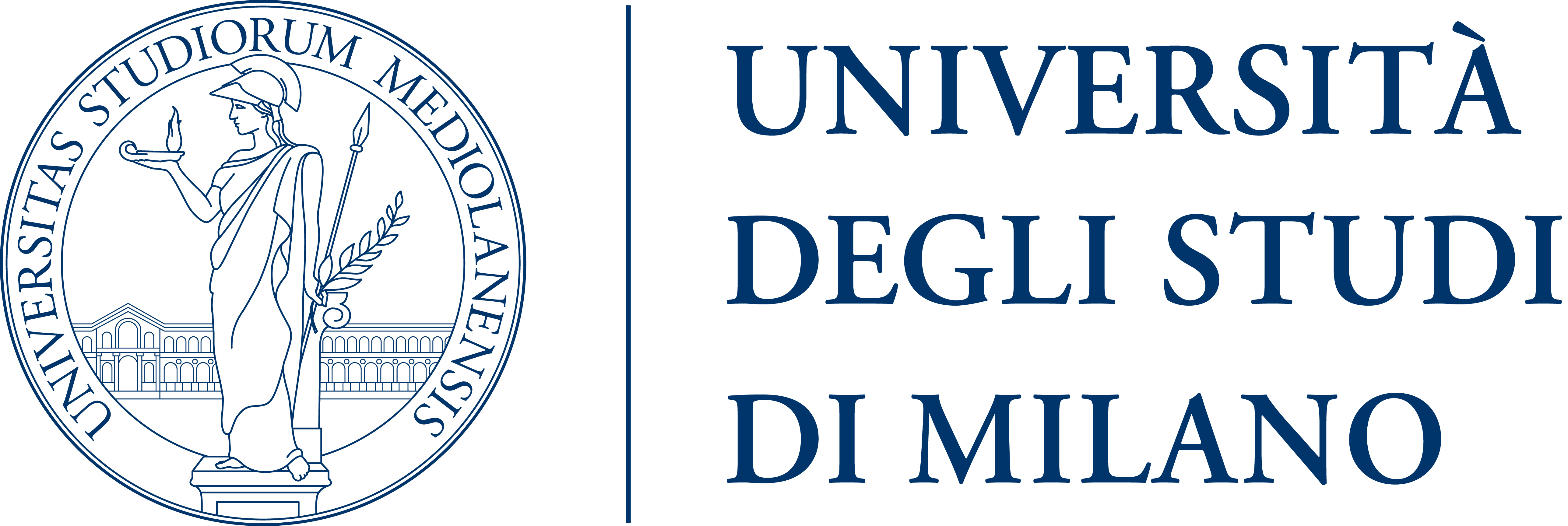 |
 |
||||
|
WORKSHOP COMMITTEE |
||||||
|
In recent years, the negative impacts of anthropogenic GHG (greenhouse gas) emissions on the global climate and the rising energy demand have underscored the urgent need to transition significantly from fossil fuel dependence to renewable energy sources. This transition is essential for achieving sustainability and mitigating climate change, in line with UE protocols imposed for climate neutrality under the Green Deal. Advanced technologies and innovative approaches are critical to this energy transition, and this workshop brings together contributions from academia and industry to synergize efforts in driving technological growth towards a sustainable future. While the energy transition is predominantly driven by technological advancements, its broader scope significantly impacts architecture, urban planning and redevelopment, environmental and social sustainability. The workshop "Pathways to Sustainability: Strategies for Effective Transitions" aims to foster interdisciplinary collaboration, share cutting-edge research, and promote innovation in sustainable energy technologies, enhancing our collective understanding and drive towards a sustainable energy future. The workshop will explore novel strategies for energy harvesting such as advances in photovoltaics, harnessing ambient vibrations and thermal gradients. The integration of nanotechnology and flexible electronics opens new frontiers in sustainable power generation, offering promising solutions for various applications, from IoT devices to remote sensors. Hydrogen’s role as an energy carrier for energy storage and utilization will also be discussed, along with challenges in production, storage, and distribution. The integration of hydrogen technologies, such as electrolyzers and fuel cells, into the energy market is set to transform energy generation and consumption, making significant steps towards decarbonization. Sustainable bio-based processes and technologies for converting agricultural and industrial residues into biofuels and high-value products will be emphasized, supporting the circular economy and offering renewable energy solutions. Short-term strategies such as the capture and abatement of pollutants like CO2 are also essential. The rational design and synthesis of advanced nanostructured materials facilitate efficient separation processes, including CO2 capture and resource recovery. Furthermore, the electrochemical reduction of CO2 into value-added products, driven by renewable sources, offers a compelling avenue for CO2 valorization. Developing high-performance electrocatalysts that balance selectivity, stability, efficiency, and cost-effectiveness is key to transforming CO2 into valuable resources, thereby addressing short-to-medium-term emission challenges while promoting long-term sustainability. Decarbonization of urban environments through deep building renovation, urban space regeneration, and the establishment of renewable energy communities will be discussed as essential steps for achieving sustainable cities, in line with EU decarbonization targets. The integration of renewable energy technologies into urban planning and architecture will also be examined. Finally, comprehensive methodologies for evaluating environmental and social impacts are vital for developing sustainable energy systems. Life Cycle Assessment (LCA) and Social Life Cycle Assessment (S-LCA) frameworks provide robust approaches for assessing the sustainability of energy technologies. |
||||||
|
WS.III IPCEIs MICROELECTRONICS: September 12 |
|||||||||||||
| go to detail | |||||||||||||
| Co-organized with: |
|||||||||||||
 |
 |
 |
 |
 |
|||||||||
|
WORKSHOP COMMITTEE |
|||||||||||||
| Europe is increasingly investing to strengthen our capacity and leadership in the semiconductor value chain, from materials to design, manufacturing and packaging of advanced chips and electronics devices and systems. The 2023 EU Chips Act is leveraging R&I efforts of all EU players in the field, and the two IPCEI (Important Projects of Common Interest) ME and ME/CT (MicroElectronics and Communication Technology) are supporting the transformation. IPCEI ME/CT builds on the first IPCEI ME results and involves 68 projects from 56 companies and an ecosystem of over 600 R&I players. Breakthrough are expected along four lines: sensing, thinking, acting, communicating, toward more efficient, faster, secure and reliable devices . Italy and Austria are key players in all technology fields of IPCEI, such as novel semiconductor materials, sensors, actuators, high performance processors, and artificial intelligence systems. Solutions developed are strategic assets for major industrial value chains, including communications (5G, 6G), autonomous driving, digital technologies, energy generation, distribution and use. The workshop, following the events held in 2020 and 2022, will provide an opportunity for companies, R&I centres, and universities to learn on the achievements and ongoing activities of IPCEI, and network with key players of the field. The first part will include talks from authoritative IPCEI partners. The second part will be a matchmaking session with IPCEI representatives, open to large industries, SMEs, startups, research organizations willing to meet, share and discuss RtoB and BtoB opportunities with IPCEI representatives. | |||||||||||||
|
WS.IV MATERIALS FOR OUR ENVIRONMENT September 12 |
|||||
| go to detail | |||||
| Co-organized with: |
|||||
 |
|||||
|
WORKSHOP COMMITTEE |
|||||
|
This workshop is dedicated to showcasing cutting-edge advancements in materials science with a specific focus on air and water remediation. It will feature a series of high-level talks from renowned experts in the field, providing deep insights into the latest research, technologies, and strategies for combating pollution and environmental degradation. The workshop aims to highlight innovative materials and methods that have shown promise in the purification and remediation of air and water, addressing critical issues such as the removal of toxic pollutants, reduction of carbon emissions, and enhancement of water quality in contaminated areas. By bringing together leading scientists, environmental policymakers, and industry stakeholders, the event will foster a rich dialogue on the integration of advanced materials into sustainable environmental practices. Attendees will have the opportunity to engage with speakers through comprehensive Q&A sessions, facilitating a deeper understanding of the challenges and opportunities in environmental remediation. This gathering is an essential platform for those committed to the development and deployment of groundbreaking solutions for air and water quality improvement, setting the stage for collaborative efforts towards a more sustainable and cleaner environment. |
|||||
|
WS.V SUPERCONDUCTING DEVICES AND TECHNOLOGIES September 12 - 13 |
|||||
| go to detail | |||||
| Co-organized with: |
|||||
 |
|||||
|
WORKSHOP COMMITTEE |
|||||
|
The sessions aim at exploring the development of state-of-the-art superconducting devices, which are becoming increasingly relevant for applications in the growing fields of quantum sensing, quantum computing and quantum simulations. Different types of devices, such as superconducting qubits and superconducting microwave parametric amplifiers, and the related technological challenges and novel approaches will be discussed. Moreover, the present and future applications of superconducting quantum devices to real world applications will be investigated. |
|||||
| |
|
WS.VI FRONTIERS OF NANOMATERIALS IN BIOMEDICAL ENGINEERING: September 12 |
|||||
| go to detail | |||||
| Co-organized with: |
|||||
 |
|||||
|
WORKSHOP COMMITTEE |
|||||
|
Nanotechnology has revolutionized various fields within medicine and biosciences, offering innovative solutions for a wide range of applications. Nanomaterials significantly impact healthcare, enabling targeted drug delivery, improved diagnostics (for cancer too), and real-time biomarker monitoring for disease management and personalized medicine. This extends to aggressive disorders like those affecting the nervous system, where nanomedicine converges with neuroscience, presenting exciting opportunities for tackling brain-related challenges. Nanoscopic materials hold immense promise in neuroprotection, neuroregeneration, and drug delivery across the blood-brain barrier, while also playing a pivotal role in regenerative medicine and stem cell therapies. The integration of nanotechnology concepts into neuromorphic engineering marks a groundbreaking phase of innovation. Nanoscale materials serve as fundamental components for constructing neuromorphic chips, with potential applications in real-time data analysis and sensor data processing. These chips present unprecedented opportunities for simulating intricate neural networks, furthering he development of brain-computer interfaces, and enabling cognitive computing. This convergence has the potential to deepen our comprehension of brain function and behavior. Ultimately, such advancements could profoundly influence artificial intelligence applications. Our symposium aims to explore cutting-edge research on nanomaterials tailored for diverse biomedical engineering applications. Topics will encompass fabrication, functionalization, and characterization of nanomaterials, while also addressing fundamental biomaterial principles, safety evaluations (critical for clinical translation), and potential hazards, such as the presence of endotoxin, biodistribution, degradation, and elimination from the body. Biomedical applications will span from medical engineering to advancements in cancer diagnosis and therapy, including regenerative medicine and neurodegenerative disorder treatments. Furthermore, topics related to neuromorphic engineering will be covered, focusing on the development of new materials and architecture for neuromorphic hardware, spiking neural networks, brain-computer interfaces, and cognitive computing. Contributions featuring carbon-based nanomaterials (e.g., graphene, graphene oxide, boron nitride) and 2D materials (e.g., transition metal dichalcogenides, MXenes, black phosphorus) are particularly encouraged. |
|||||
|
WS.VII WIDE-BANDGAP SEMICONDUCTORS AND HETEROSTRUCTURES FOR POWER AND RF ELECTRONICS September 11 |
|||||
| go to detail | |||||
| Co-organized with: | |||||
 |
|||||
|
WORKSHOP COMMITTEE |
|||||
|
Due to their outstanding physical properties, wide-bandgap (WBG) semiconductors, such as silicon carbide (SiC) and gallium nitride (GaN), are the materials of choice for high-power and high frequency electronics, with a broad range of applications in strategic fields, like electric vehicles, power conversion for renewable energies, aerospace, telecommunications, owing to this strategic role, European Union recently funded, through the Chips-JU, the realization of a Pilot line dedicated to WBG semiconductor technology. This workshop will provide an opportunity for companies, R&I centres, and universities to learn about recent developments and open challenges in WBG and ultra-WBG (Ga2O3) materials and technology. Advanced characterization methods specifically optimized for these material systems and related devices will be presented. Finally, new opportunities offered by the integration of 2D materials (graphene, MoS2) with WBG semiconductors will be discussed. |
|||||
|
WS.VIII EXPLORING STRESS AND STRAIN IN THIN FILMS AND SEMICONDUCTOR MATERIALS September 12 |
|||||
| go to detail | |||||
| Co-organized with: | |||||
 |
 |
||||
|
WORKSHOP COMMITTEE |
|||||
|
This workshop aims to provide a platform for researchers and professionals to discuss recent advancements and research findings related to stress and strain in thin films and semiconductor materials. The workshop is divided into two sessions, each featuring four/five scientific research presentations. |
|||||
|
WS.IX TECHNOLOGIES FOR ENERGY TRANSITION September 11 - 12 - 13 |
|||||
| go to detail | |||||
| Co-organized with: | |||||
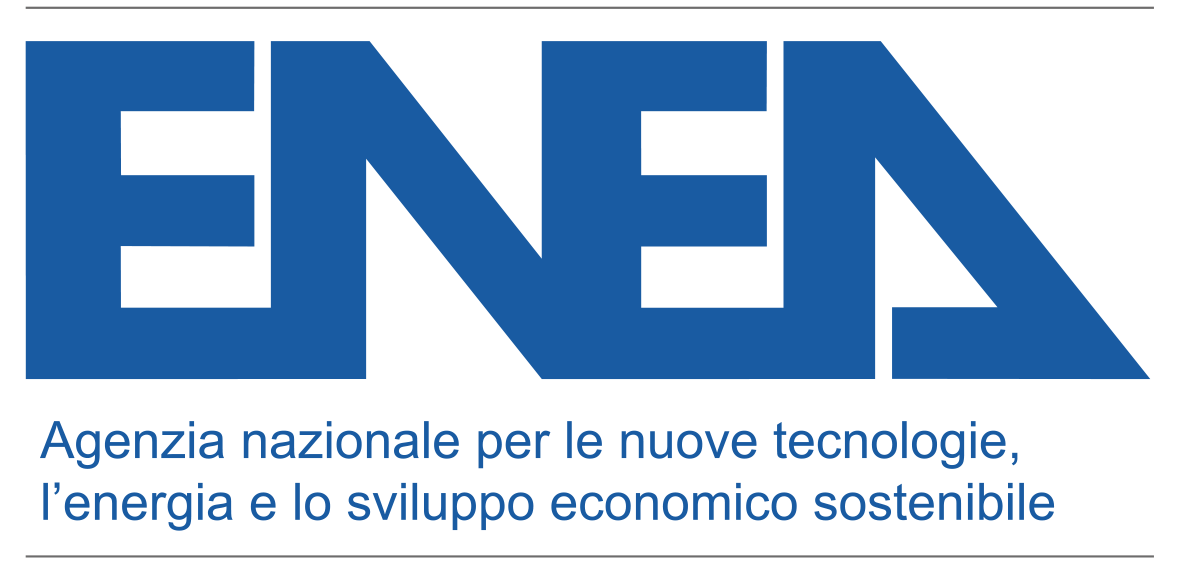 |
|||||
|
WORKSHOP COMMITTEE |
|||||
|
The undeniable worsening of the planet's environmental health, with the onset of local and global problems, like climate warming, is linked to anthropic activities that unbalance the content of greenhouse gases in the atmosphere. Among anthropogenic activities, the massive quantities of energy that underlie the well-being of the growing world population contribute mostly to climate-altering emissions, and therefore will have to be gradually decarbonized to limit emissions of carbon dioxide and other greenhouse gases. To meet this challenging objective, the development of technologies that combine economic well- being and social sustainability with environmental sustainability is required. In some cases, these technologies correspond to well-known scientific and cultural objectives for the mankind, who, through the observation of nature, pursues the artificial reproduction of nuclear fusion, the energy engine of the cosmos, and of photosynthesis, which chemically fixes the energy of the emitted photons. On the other end, opposite to what happens in nature, developing and using energy technologies draws on the methods of the most advanced science, while undergoing low production costs and simple application methods that guarantee social acceptance. These are heavy constrains indeed, compared to combustion a technology accessible and understandable since the discovery of fire. The highest barrier to the use of more advanced technologies is probably the need to keep the cost of energy low; furthermore, the scenario of the technological development in the energy sector is dominated by the large gap that is created between the scientific demonstration of the operating principle of a technology and its large-scale industrial application, traditionally called the ""valley of death"". The erratic nature of the production of renewables, day-night, seasonal, clear-cloudy, wind-calm, requires that excess power be installed and stored for an indefinite time, from a few minutes, for peaks in demand, up to one season. As well understood by the European and national legislators, in this context public intervention in research is necessary, given that the economic return from the development of new emerging energy technologies takes place in an unspecified and uncertain time period, but also the optimization of the efficient use of pre-existing technologies requires a refinement of methods and materials that is not trivial at all. The seminars presented by ENEA are placed in this general context of improvement of energy production, conversion and storage technologies and concern: batteries and electrochemical accumulators, thermochemical storage, computational technologies linked to the development of the new necessary materials, the energy networks and the chemical accumulation in hydrogen as a temporary reduction of an oxide for the subsequent reaction with the atmosphere. |
|||||
|
WS.X GREEN CHEMISTRY AND SUSTENABLE APPROACHES FOR INNOVATIVE MATERIALS September 11 |
|||||
| go to detail | |||||
| Co-organized with: | |||||
 |
|||||
|
WORKSHOP COMMITTEE |
|||||
|
Green chemistry principles are increasingly being applied in the synthesis of nanomaterials to minimize environmental impact and enhance sustainability. The field of green nanomaterials production focuses on developing eco-friendly methods that use benign solvents, reduce energy consumption, and employ renewable resources. Traditional approaches to nanomaterial synthesis often involve toxic chemicals and generate hazardous by-products, posing significant environmental and health risks. Green chemistry aims to address these issues by leveraging techniques such as biogenic synthesis, which uses plant extracts, microorganisms, and other natural agents as reducing and capping agents. Additionally, processes such as mechanochemistry and the use of supercritical fluids offer pathways to produce nanomaterials with minimal environmental footprint. The implementation of green chemistry in nanomaterials production not only contributes to environmental protection but also enhances the functional properties of the nanomaterials, making them suitable for applications in medicine, electronics, and energy storage. This abstract highlights the importance of integrating green chemistry principles in the development of nanomaterials to achieve sustainable technological advancements. |
|||||
|
WS.XI NanoMicroFAB ADVANCED LAB ALONGSIDE WITH NanoMicroFAB@STESY TO BOOST NOVEL MATERIALS AND DEVICES September 12 |
|||||
| go to detail | |||||
| Co-organized with: NanoMicroFAB - NanoMicroFab@STESY |
|||||
 |
 |
||||
|
WORKSHOP COMMITTEE |
|||||
|
The workshop aims at describing the open research infrastructures NanoMicroFab and NanoMicroFab@STESY based in the CNR research area of Rome Tor Vergata. Both infrastructures, led by CNR, are co-funded by Regione Lazio. NanoMicroFab open lab is governed by CNR in partnership with University of Rome Tor Vergata. It operates in the sector of advanced materials and electronic microfabrication with the mission to provide several services to companies, academia and research institutes. The proposed services include: new materials; development of processes and devices; design and characterization of materials and devices. NanoMicroFab@STESY is a new facility grown from the experience of NanoMicroFab that will implement new operational capabilities in the sector of sustainability in different application contexts, such as energy, aerospace and life sciences. NanoMicroFab@STESY intends to extend and integrate the instrumental support action of NanoMicroFab with the strong complementary skills and capabilities present in the CNR Area of Rome Tor Vergata, enhancing and developing the new regional STESY infrastructure through a synergistic strengthening with the instrumental backbone of NanoMicroFab. This infrastructure sees the participation of 5 CNR Institutes, the Engineering Department of the University of Tor Vergata, INAF Astrophysics Institute and the Hypatia Consortium. The organization, the available instrumentation and access rules of the two facilities will be illustrated along with their research activity in different sectors. |
|||||
|
WS.XII ADVANCEMENT IN TRASMISSION ELECTRON MICROSCOPY September 13 |
|||||
| go to detail | |||||
| Co-organized with: | |||||
 |
|||||
|
WORKSHOP COMMITTEE |
|||||
|
|
|||||
|
WS.XIII MOLECULAR DESIGN FOR NANOTECHNOLOGY IN MEDICINE September 11 |
|||||
| go to detail | |||||
| Co-organized with: | |||||
 |
|||||
|
WORKSHOP COMMITTEE |
|||||
|
|
|||||
|
WS.XIV SMART MATERIALS AND DEVICES FOR PRECISION AGRICULTURE APPLICATIONS September 11 |
|||||
| go to detail | |||||
| Co-organized with: | |||||
 |
 |
||||
|
WORKSHOP COMMITTEE |
|||||
|
The proposed workshop aims to provide a flavor of the activities running in Italy, particularly within the SAMOTHRACE ecosystem in the Precision agriculture field. The agri-food chain nowadays needs novel approaches to support crop production and reduce its economic and environmental impacts. Sensors and smart materials, sustained by innovative management of the resources, will allow us to apply the 3 key points for precise and sustainable agriculture, i.e., to act exactly where, when, and how the crop requests it. The main topics that will be covered are: |
|||||
|
WS.XV DRIVEAFM: September 11 |
|||||
| go to detail | |||||
| Co-organized with: | |||||
 |
|||||
|
Quantum Design Italy is pleased to invite you to explore our partner Nanosurf’s flagship AFM, the DriveAFM. Come to hear about recent advances in AFM technology and learn about the newest state-of-the-art atomic force microscope on the market. DriveAFM is delivered with WaveMode off-resonance photothermally driven excitation, and a fully automated laser alignment on a tip-scanning design, that offers unprecedented possibilities for AFM users in all applications spanning from life science with biological materials such as cells, DNA, viruses, etc. to material science with 2D materials, polymers, photovoltaics, and more. The workshop will include a live demonstration of the DriveAFM: we offer you the opportunity to bring your own sample of interest to be measured and discussed during the workshop. Please send an email to |
|||||

